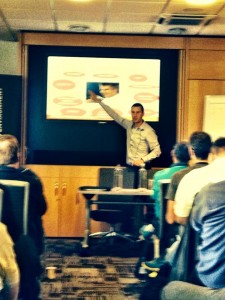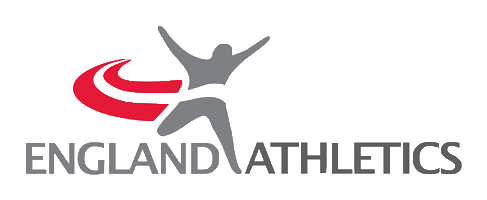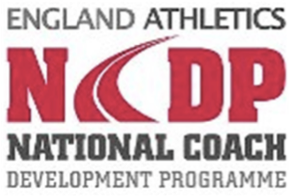Last weekend I attended the 2nd European Endurance Coaching Conference in Nottingham (link). The conference was organised by British Athletics in partnership with England Athletics. The purpose of the conference is to bring coaches across Europe together for a weekend and promote sharing of ideas and best practice in Endurance Coaching. Unlike last year, which was dominated by US and Canadian guest speakers, this year’s conference had a better European representation with speakers from Ireland and Poland. Relevant keynote speakers included Yannis Pitsiladis and Thomasz Lewandowski. While the focus was mainly around endurance running events additional lectures covered the latest sports science and physical conditioning.
Learnings
There were a number of interesting pointers which made me think to make a couple of changes in my own coaching. For example, important aspect I learnt from Tomasz Lewandowski, coach of the world-class 800m runners Marcin Lewandowski that there are no short-cuts and everything should go through stages. For example, in order to climb Kilimanjaor one has to go through a number of geographic zones first. From which side to go to the top is not so important as long as we go from one stage to the next one. From Chris Jones, the coach of 2x European XC Champion Fionnuala Britton I learnt the importance of hill running. Not so much for the sake of developing aerobic power rather then for developing ankle flexibility and correct running technique.
Dave Sunderland in his talk about turning Linsey Sharp into 800m European Champion highlighted to me that all year round speed work is important. With speed work he does not refer to developing anaerobic capacity or speed endurance, rather the stimulating the short term energy system, which can be done by doing 60-80 meters worth of sprints. Yannis Pitsiladis provided an interesting insight into which direction sports science is heading and that the sub 2h marathon is indeed possible when applying those concepts. Pitsiladis has done a lot of work for the World Anti-Doping Agency. Out of his work of genetic sampling and applying concepts from cancer research new insights can be gained in terms of how athlete respond to training. Dave Rowland’s lecturer confirmed to me the importance of strength and conditioning. However, it goes further than that, specific ankle and foot drills help the athlete to be better conditioning and be able to sustain endurance training.
Conference Feedback
Overall, I found the European Coaching conference very useful. Perhaps what I would like to see a bit more is more detail regarding training programmes. Often it stays a bit too high-level and generic, though information on mileage, intensity, key sessions and race strategy would help to get a better picture. The conference enabled me to exchange ideas with other coaches across the UK and Europe. There are not many opportunities during the year when coaches and coach mentors come together for a weekend. For example, I found it very interesting learning from Dutch strength & conditioning coaches or to get an insight from a leading Dutch Endurance coach who coached sub 2:10 marathon runner Michel Butter. There were many familiar faces from the National Coaching Development Programme, passionate coaches willing to drive endurance and athletics forward in Britain and Europe. Looking forward to next year’s conference, no doubt it will be even better than this year’s conference.



